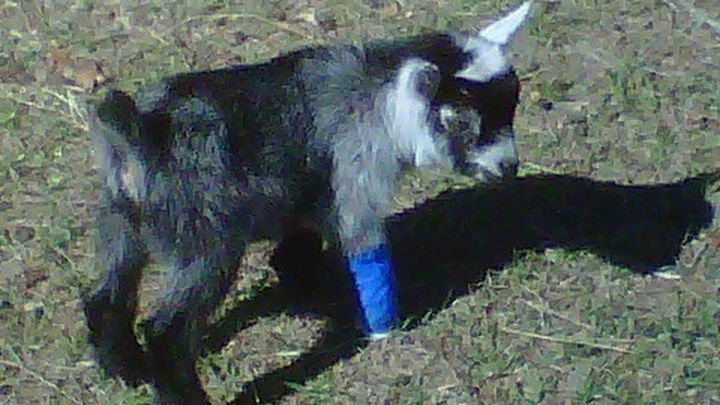
Help goats and other animals!
Donation protected
Saving animals, one life at a time. Rural Veterinary Outreach, Inc – A Non-Profit Mobile Veterinary Service
We can change lives, one animal at a time. I believe when you change the life of an animal, you also change the life of the owner. So help RVO help animals. And goats. There’s a lot of work to be done.
We are a 501(c)(3) non-profit organization and your contributions are tax-deductible. Fully registered with Florida and GuideStar.
My name is Kenneth Brown, DVM and I made a promise to a horse years ago – “no animal will ever die on my watch again due to my ignorance.” Iggy, my best show horse, became ill and I was powerless to help him. No vet to help, no way to prevent a death. My path to learning and keeping my promise led me to vet school; my goal has never changed, but now I need help from others to achieve the goal: providing affordable veterinary care when and where needed, especially in rural areas.
To assist in the delivery of veterinary care and education on the care of animals, I formed a non-profit organization to help with funding services and to allow more clients and their animals to receive care. The concept will slowly grow and we will see other veterinarians in other states dedicate some of their time and talent to the needs of animals in rural settings.
Some of our more recent efforts include hosting a Facebook group where questions are answered about goats - and a variety of other animals found on the farm. Goats, dogs, cats, horses, pigs, chickens, llamas, cattle - all have come through the group. In the first 10 weeks over 5,000 people joined and had questions answered about their goats and other animals - it continues to grow and at 9 months had over 14,000 members (almost 22,000 at 1/1/16). Goat Vet Corner is the group name and is found at
https://www.facebook.com/groups/1516191428627267/
Rural Veterinary Outreach, Inc. is dedicated to helping deliver care and service the veterinary needs of mixed-species: goats, dogs, cats, beef cattle, dairy cows, sheep, horses, llamas, alpacas, pigs, chickens, and more. We typically operate in a rural setting, but we have found the need for large animal/mixed veterinarians is just as great in suburban and urban areas – so we travel where we are needed. We do focus on our rural roots, where we are needed the most. To get the word out, we are available for consultation to other vets and have discussed goat cases with vets as far away as Montana. If all of us share, we all learn. All benefit.
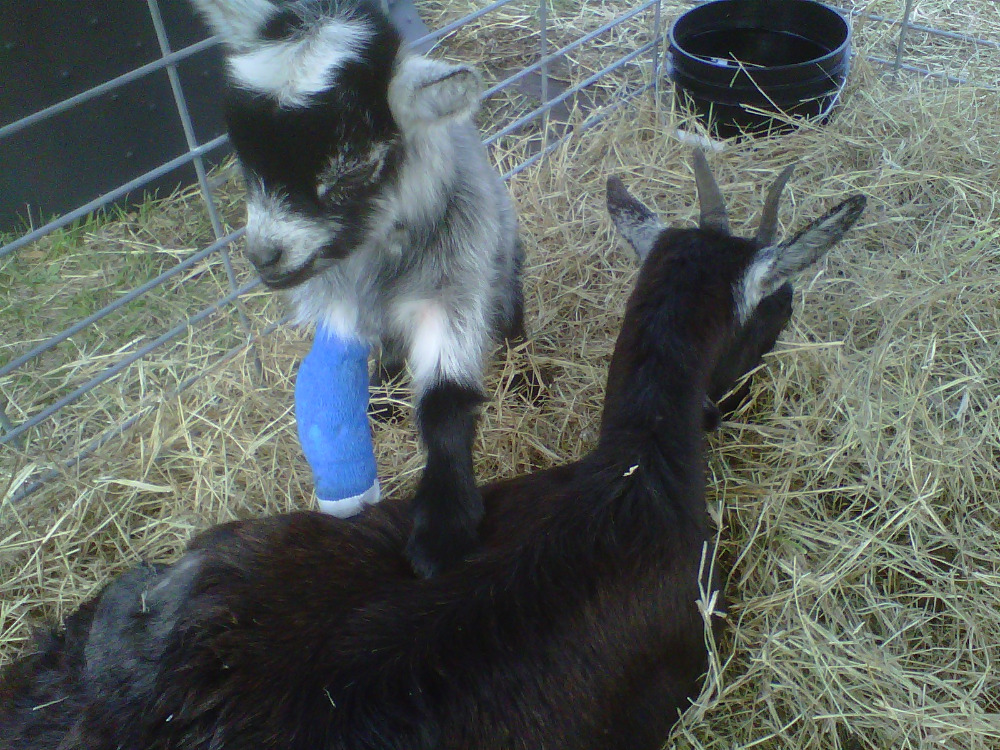
(Baby goat successully treated for laceration on carpus - 3 days old.)
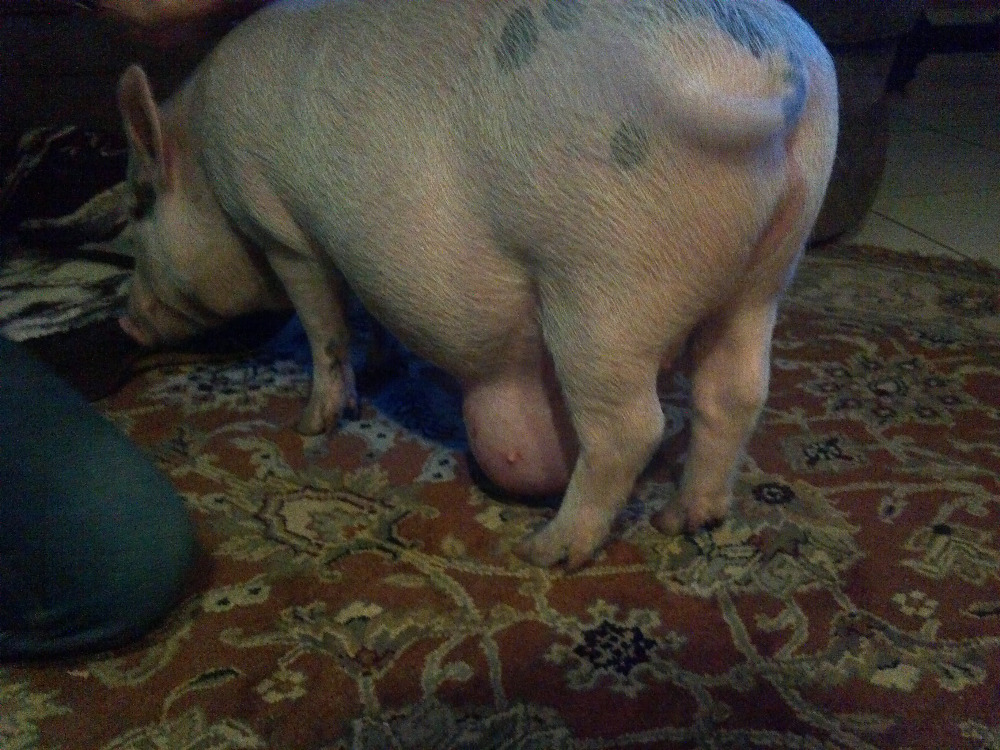
(Pet pot-belly pig in the city - surgery scheduled July 10)
I live on a small farm in North Central Florida so the focuse on care is centered within 100 miles of that location, but patients as far as 160 miles away are seen due to a lack of mixed/large animal veterinarians, especially a vet willing to work with goats or a pot belly pig in the middle of a city. The goal is to operate into South Georgia and even beyond. Expanding is the goal and more vets to do goat care and rural work on all species is the focus at the present. The idea is to provide services, reasonably, to areas that are under-served or simply ignored.
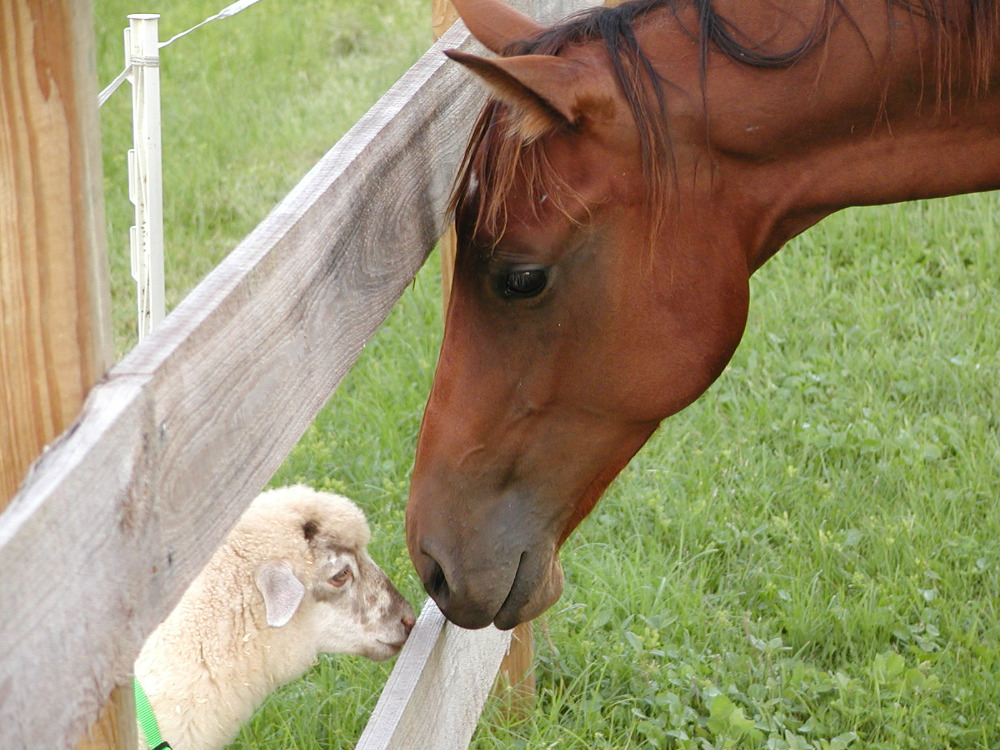
The goal has always been to provide reasonable, low cost veterinary care to rural areas – where a vet usually doesn’t like to go but where the need for a vet is often greatest. Animals need help when they need it, and we travel as far as can to see a sick animal. Services are sometimes traded for farm work or, in the case of one elderly woman living alone on her farm with a poodle, for vegetables from the garden. We also handle telephone calls and answer questions, do seminars and educate people on how to care for their animals so they can avoid problems. Prevention is more important than cure. The Facebook group has made an impact and is an effective tool for education and intervention.
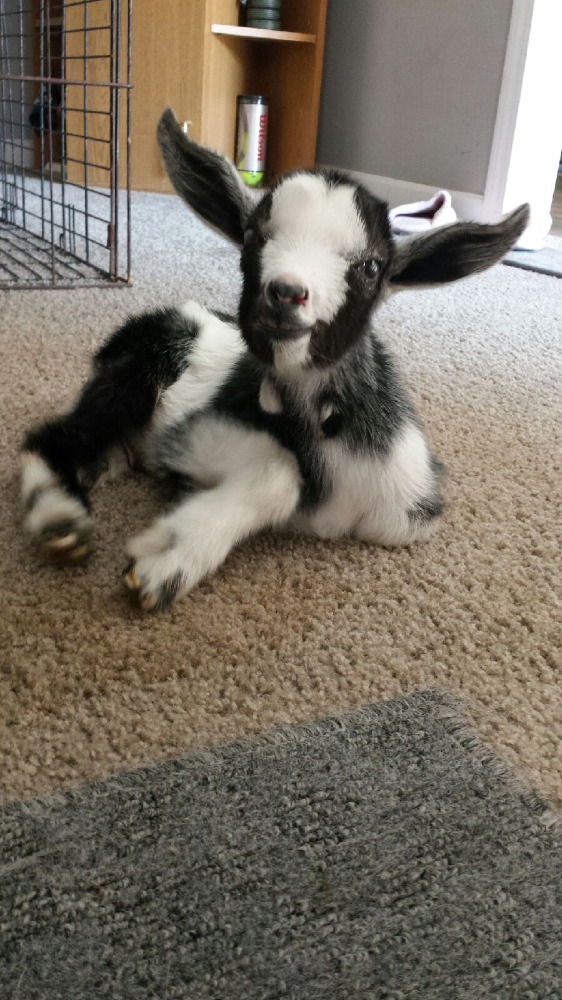
Full time veterinarians working for RVO will never be paid as much as private practice because vet medicine is practiced to deliver low costs, not maximum returns. Many field veterinarians owning a practice can make well over $120,000 per year, some making as much as $250,000. Lower pay means lower costs for care, so everyone wins – the animals, the owners, the community. Money is not the motivator, making a difference is - just as it should be.
Goats are among our favorite patients (and cows a close second) - there are so few veterinarians willing to treat goats and so much information is needed to get out there to help them live healthy lives. Goats are wonderful animals, but difficult patients, as they are more fragile than people think. Prevention and nutrition are key.
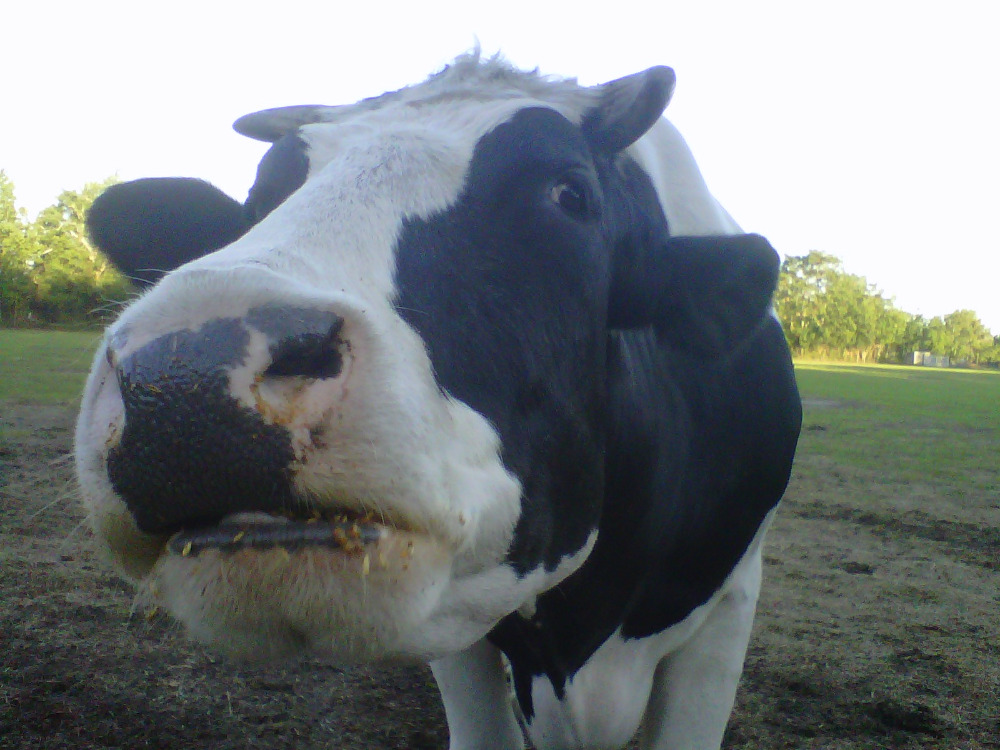
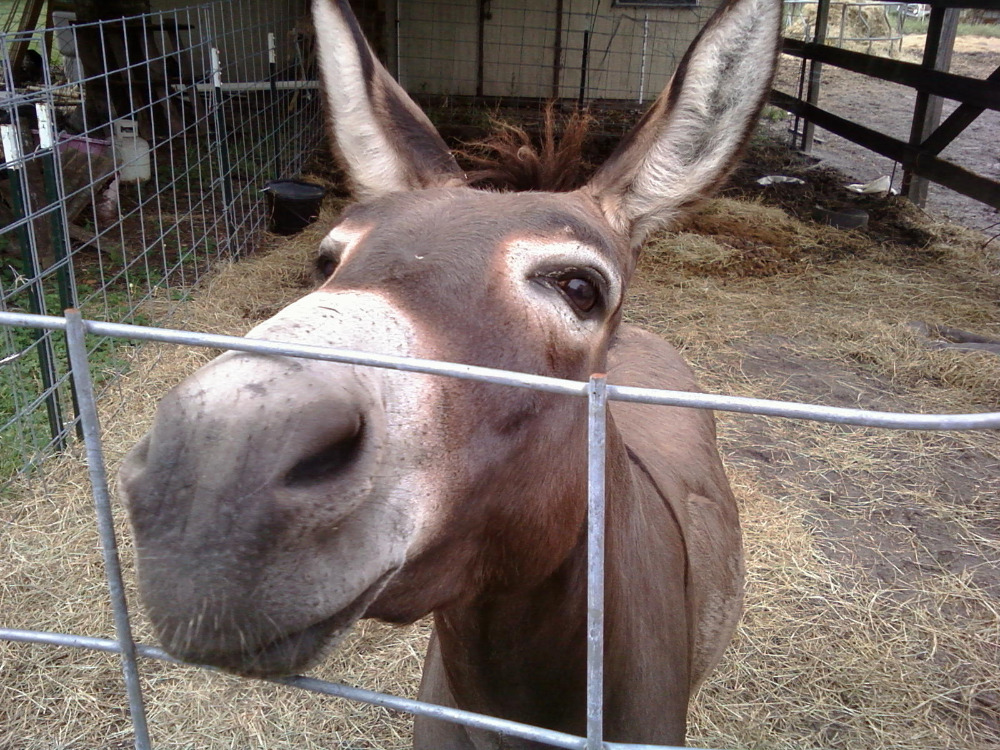
Affordable rural veterinary care: housecalls to invalids (even some in urban areas with pigs and goats as pets); making payment plans for those who need them; keeping the cost of drugs reasonable (not the 240% markup seen so often). Medicines are charged as a reasonable replacement cost, not a profit center - because of dontations we can keep costs low.
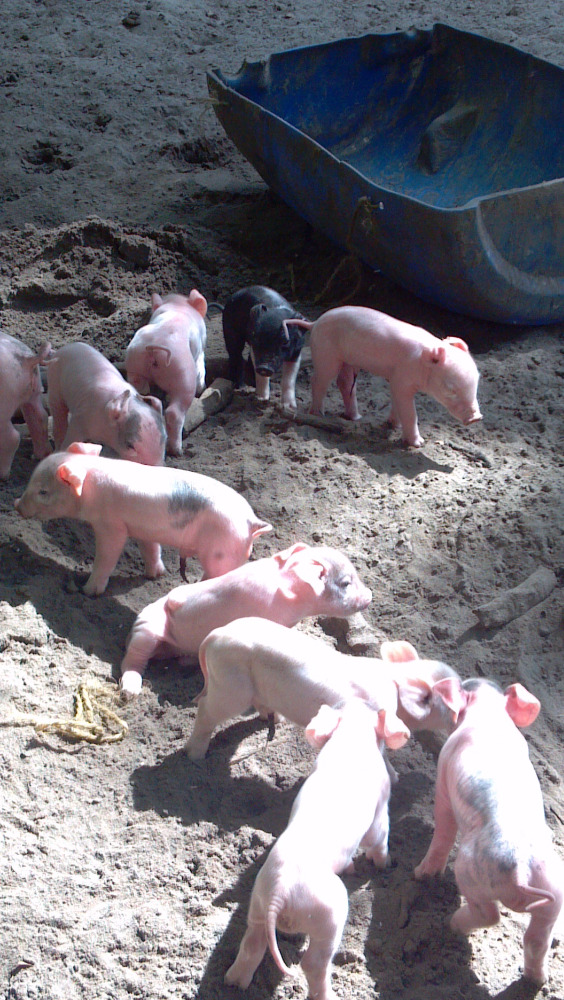
To achieve rural affordable care delivery, services are provided through mobile veterinary practices – Rural Veterinary Services, LLC is one and there are others - that provide low cost service. A multitude of species are seen, including dogs, cats, horses, sheep, pigs, donkeys, chickens, cattle, and of course – goats. A few of the typical patients are seen below.
Rural Veterinary Outreach, Inc. is dedicated to helping deliver care and service the veterinary needs of mixed-species: goats, dogs, cats, beef cattle, dairy cows, sheep, horses, llamas, alpacas, pigs, chickens, and more. We typically operate in a rural setting, but we have found the need for large animal/mixed veterinarians is just as great in suburban and urban areas – so we travel where we are needed. We do focus on our rural roots, where we are needed the most. To get the word out, we are available for consultation to other vets and have discussed goat cases with vets as far away as Montana. If all of us share, we all learn. All benefit.

(Baby goat successully treated for laceration on carpus - 3 days old.)

(Pet pot-belly pig in the city - surgery scheduled July 10)
I live on a small farm in North Central Florida so the focuse on care is centered within 100 miles of that location, but patients as far as 160 miles away are seen due to a lack of mixed/large animal veterinarians, especially a vet willing to work with goats or a pot belly pig in the middle of a city. The goal is to operate into South Georgia and even beyond. Expanding is the goal and more vets to do goat care and rural work on all species is the focus at the present. The idea is to provide services, reasonably, to areas that are under-served or simply ignored.

The goal has always been to provide reasonable, low cost veterinary care to rural areas – where a vet usually doesn’t like to go but where the need for a vet is often greatest. Animals need help when they need it, and we travel as far as can to see a sick animal. Services are sometimes traded for farm work or, in the case of one elderly woman living alone on her farm with a poodle, for vegetables from the garden. We also handle telephone calls and answer questions, do seminars and educate people on how to care for their animals so they can avoid problems. Prevention is more important than cure. The Facebook group has made an impact and is an effective tool for education and intervention.

Full time veterinarians working for RVO will never be paid as much as private practice because vet medicine is practiced to deliver low costs, not maximum returns. Many field veterinarians owning a practice can make well over $120,000 per year, some making as much as $250,000. Lower pay means lower costs for care, so everyone wins – the animals, the owners, the community. Money is not the motivator, making a difference is - just as it should be.
Goats are among our favorite patients (and cows a close second) - there are so few veterinarians willing to treat goats and so much information is needed to get out there to help them live healthy lives. Goats are wonderful animals, but difficult patients, as they are more fragile than people think. Prevention and nutrition are key.


Affordable rural veterinary care: housecalls to invalids (even some in urban areas with pigs and goats as pets); making payment plans for those who need them; keeping the cost of drugs reasonable (not the 240% markup seen so often). Medicines are charged as a reasonable replacement cost, not a profit center - because of dontations we can keep costs low.

To achieve rural affordable care delivery, services are provided through mobile veterinary practices – Rural Veterinary Services, LLC is one and there are others - that provide low cost service. A multitude of species are seen, including dogs, cats, horses, sheep, pigs, donkeys, chickens, cattle, and of course – goats. A few of the typical patients are seen below.
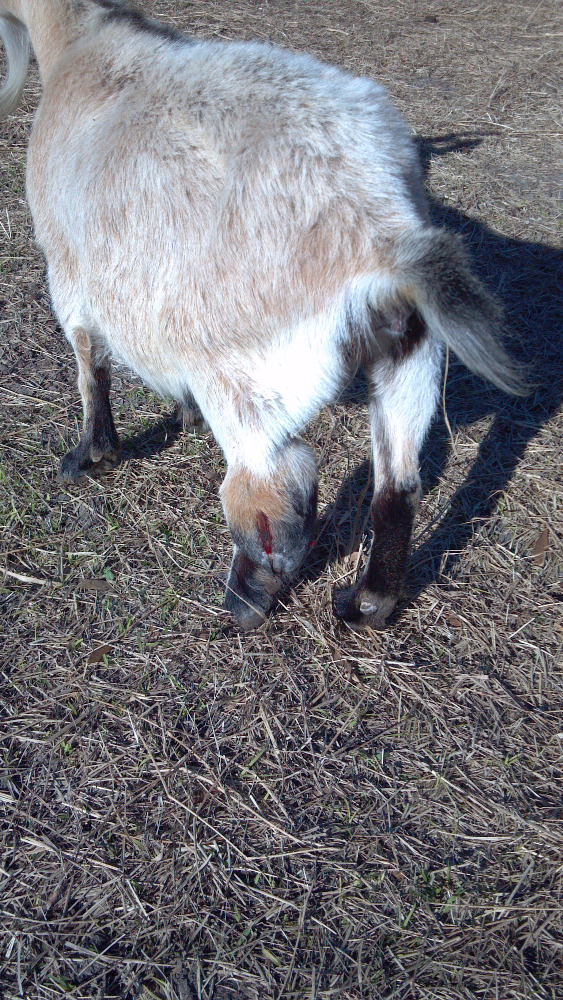
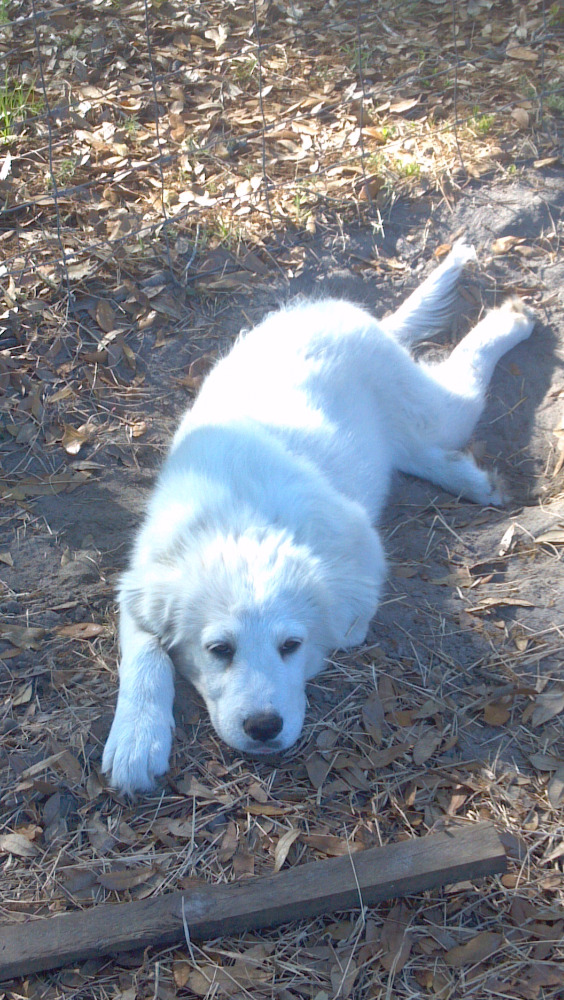
It costs a lot of money to deliver veterinary care and most of it is paid to vendors, not the veterinarian. To keep costs low, everything is done one step at a time and purchases made as needed. The cost for antibiotics is high, and they are one of the major items needed and purchased with your help and are then charged at cost to the client. Two common antibiotics cost about $200 per bottle and sedation is also very expensive and can cost $20 to $30 per animal - paid for by contributions and thereby reducing overall costs.
Large banks don't want to lend to a mobile veterinary service, be it non-profit or otherwise. Bank of America will lend you money for a small animal hospital in a city, but you can skip starting a mobile veterinary practice in a rural area. Private donations and the dedication of veterinarians makes it all possible.
While many veterinarians already have some equiment for use in the field, purchasing more equipment will allow more sesrvices to be delivered to rural areas. Some items needed are:
$3,100 - Portable anesthesia machine - Allows for safe and longer surgery in the field; can even do emergency c-sections on many species (dog, cat, goats, etc.).
$4,500 – Used Ultrasound (basic) - Really just the basics. Helps detect pregnancy, enlarged bladder from blockage, rumen gas, wound problems, etc.
$16,000 – Used radiology equipment (x-ray) - DR is the new standard of care. This includes the x-ray unit, plate, software and is an estimate. I hope to find it for a lot less, but so far it is looking bleak.
DONE $1,500 – Instruments - Surgical, treatment, and diagnostic tools are expensive but necessary items. This categor is for replacements; large animal instruments are very expensive.
DONE $2,000 – Equipment - Basic blood machines, better hematocrit centrifuge, oxygen, delivery supplies, etc.
$1,000 - Autoclave/sterilizer - A central sterilizer can reduce costs to the vets to have instruments cleaned and ready for new surgeries. New ones are often more than $3,000.
DONE $1,000 - Drugs – Replacements costs for many antibiotics and sedatives. The price to rural clients is based on replacement prices, not a profit center like with most vet clinics.
DONE $1,000 - Supplies - Gauze, wraps, splints, syringes, needles, etc. - disposable use supplies to be sent into the field. Clients will pay for the price of replacing the items used, not for a profit.
We pledge that your donations will only go toward the costs of delivering vet care to rural and under-served areas.
There is work to be done and animals to be seen. Animals don’t know what day of the week it is or if it is a holiday – so neither do we. A need exists for rural veterinary care … We hope all of us can work together to satisfy that need.
We thank you for your contributions. The animals you help will be forever in your debt.
Organizer
Ken Brown Dvm
Organizer
Bell, FL


